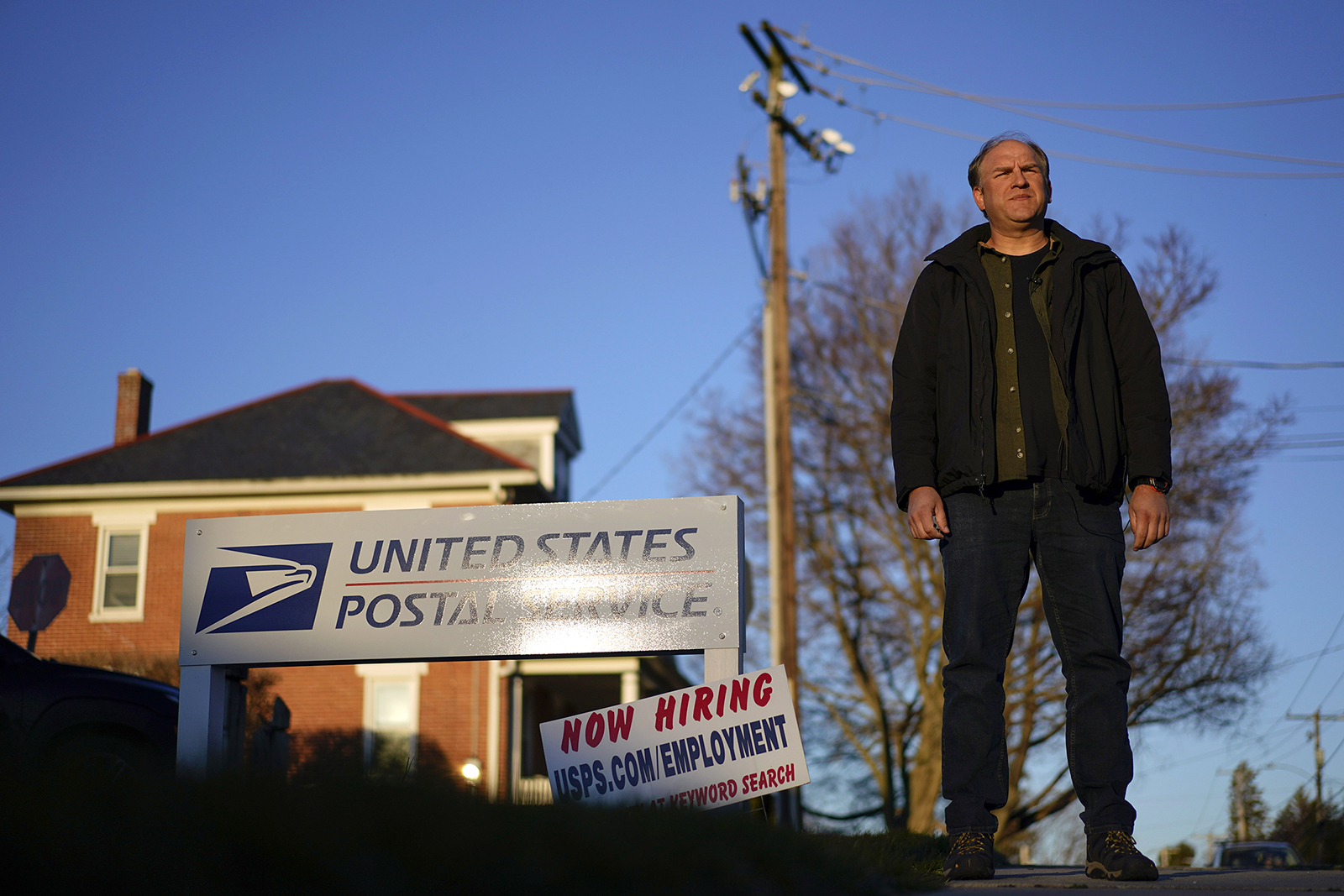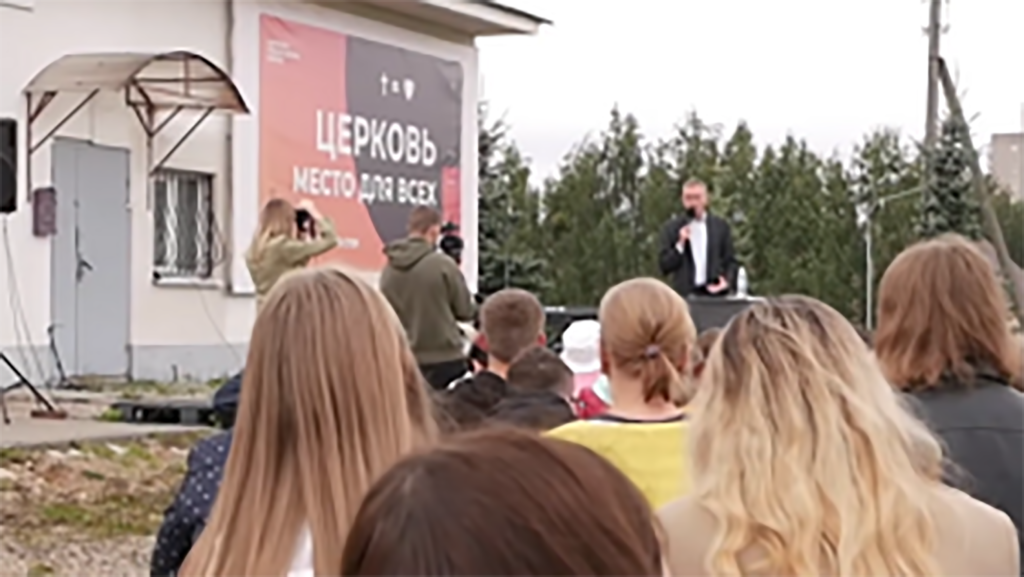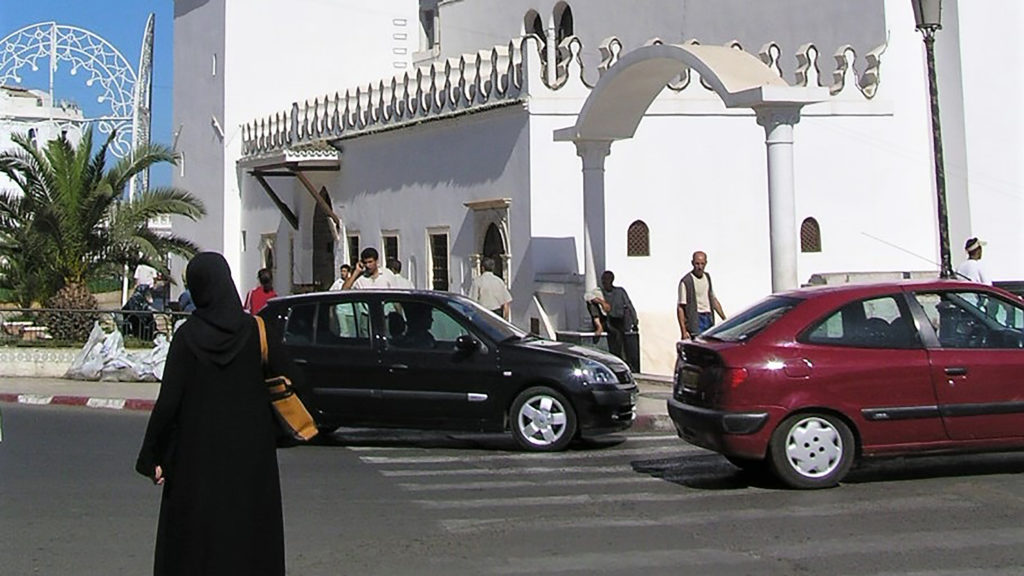The U.S. Supreme Court on June 29 sided with an evangelical Christian mail carrier who quit the U.S. Postal Service after he was forced to deliver packages on Sundays.
The unanimous ruling in Groff v. DeJoy clarified that employers must do more than the minimum to accommodate workers’ requests related to religious observance.
The ruling mostly vindicates Gerald Groff, a former mail carrier from Pennsylvania, who sued the post office, saying the requirement that he work on Sundays violated his deeply held belief that Sunday was his day of rest. (U.S. mail is not usually delivered Sundays, but in 2013, the USPS signed a contract with Amazon to deliver the company’s packages, including on Sundays.)
In their ruling, justices clarified a decades-old Supreme Court decision that allowed employers to deny religious accommodations that would cause them more than a minor inconvenience.
Historically, Title VII of the 1964 Civil Rights Act required employers to provide religious accommodations unless they create an “undue hardship” for the business. But the Supreme Court undercut this standard in 1997 when it ruled in Trans World Airlines v. Hardison that employers need only suffer minimal hardship to deny a religious accommodation. This low threshold, referred to as a “de minimus standard,” was often used to deny religious accommodations.
While the court did not overturn Trans World Airlines v. Hardison, it clarified that the burden for employers denying religious accommodation must be substantial.
“We think it is enough to say that an employer must show that the burden of granting an accommodation would result in substantial increased costs in relation to the conduct of its particular business,” Alito wrote in his ruling.
Freedom of religion
Over the past decade, the U.S. Supreme Court has increasingly sided with religious plaintiffs and has appeared to privilege religious claims — and specifically Christian religious claims — above all others.
It sided with a football coach in Washington state who was suspended from his public high school for refusing to stop leading Christian prayers with players on the field. It ruled in favor of two Christian families from Maine who were excluded from a private religious schools tuition assistance program. It sided with a Colorado baker who refused to make a wedding cake for a gay couple based on his religious beliefs.
A host of powerful conservative Christian legal groups and religious denominations, including Becket Law, the Alliance Defending Freedom and the Southern Baptist Convention’s Ethics & Religious Liberty Commission, celebrated the victory.
In a statement, Brent Leatherwood, ERLC president, called the ruling “a victory for every American.”
“Despite some voices saying that Mr. Groff sought exceptional treatment, the court saw through that to the truth of the matter. He simply asked for a reasonable accommodation to live out the tenets of his faith. By siding with him, the court has again affirmed the importance of living in accordance with one’s deepest-held beliefs. … Your profession of faith should not be a barrier to your professional vocation,” Leatherwood said.
Groff was represented by First Liberty Institute, the conservative Christian legal powerhouse based in Plano, Texas.
Other religions praise ruling
In ruling in favor of Groff, the court also united a host of non-Christian religions in the U.S., who saw the decision written by Justice Samuel Alito as a much-needed corrective to the challenges they face in balancing their work with their sincerely held religious practices.
Whether it’s accommodating Sikh health care workers who are required by their faith not to shave their beards or Jewish teachers who want to take time off for religious holidays not officially recognized by the public schools or colleges where they work, the ruling has the effect of forcing employers to accommodate their worker’s religious practices.
“The court’s ruling is going to help many people, from many different faith communities across the U.S.,” said Nathan Diament, executive director for public policy for the Orthodox Union, the nation’s largest representative Orthodox Jewish organization.
The Orthodox Union was one of a diverse group of faith-based and religious liberty organizations that filed amicus or “friend of the court” briefs with the Supreme Court supporting Groff. They included the General Conference of Seventh-day Adventists, the American Center for Law and Justice, the Sikh Coalition, the Council on American-Islamic Relations, The Church of Jesus Christ of Latter-day Saints, the American Hindu Coalition, Becket Law and the Baptist Joint Commission.
“For too long, American Muslims have been denied the right to perform daily prayers at work, wear hijab or kufi, or attend prayers on Fridays,” Nihad Awad, national executive director of the Council on American-Islamic Relations, told Religion News Service. “Today marks a new era.”
Opposing voices
Organizations opposing Groff’s petition included the Freedom From Religion Foundation, the Center for Inquiry, Americans United for Separation of Church and State, and American Atheists. The latter argued the ruling would shift more work burdens onto atheists, humanists and nonreligious Americans.
Following the court’s decision, a spokesperson for the U.S. Postal Service told Newsweek that they agree with the Supreme Court’s decision, “which is fully consistent with the standard we apply when seeking to accommodate the sincerely held religious beliefs, observances and practices of our employees.”
“For those reasons, and because we believe the lower court will conclude that providing the requested accommodation here would impose a substantial burden on the Postal Service, we are confident that the Postal Service will again prevail when the case is remanded,” the spokesperson added.
EDITOR’S NOTE — This article was written by Yonat Shimron for Religion News Service with additional reporting and editing by TAB Media Group. Read more from the ERLC about recent Supreme Court decisions here and here.






Share with others: